Collaborative Reform Initiative Technical Assistance Center (CRI-TAC)
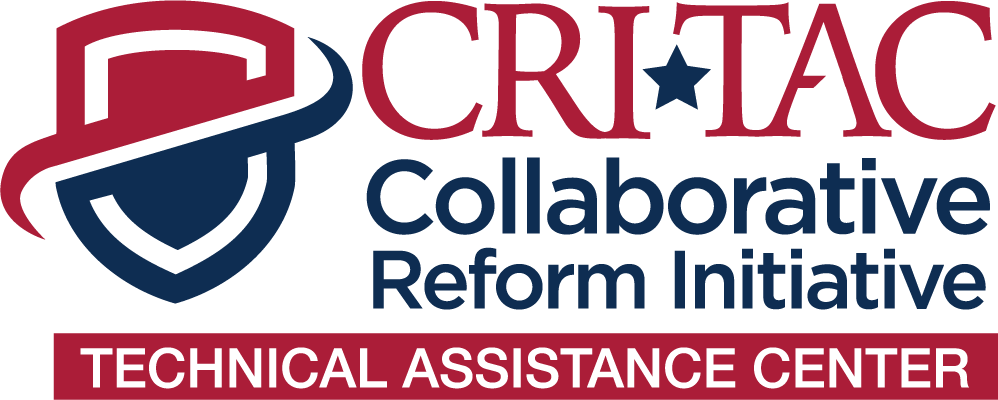
Department of Justice Releases Second Annual Report on the Progress of the Collaborative Reform Initiative Technical Assistance Center
JUNE 17, 2020 [PRESS RELEASE] The Department of Justice’s Office of Community Oriented Policing Services (COPS Office) today released a new report, “Law Enforcement Solutions By the Field, For the Field: Collaborative Reform Second Annual Review,” that highlights the progress made since the release of the first annual report of the Collaborative Reform Initiative Technical Assistance Center (CRI-TAC). CRI-TAC brings together an unprecedented cohort of police leadership, unions, and other law enforcement organizations to provide tailored, critical technical assistance to state, local, campus, and tribal law enforcement agencies.
The report on CRI-TAC’s second year demonstrates how the center has supported law enforcement agencies in their efforts to ensure public safety in their communities. The report presents performance metrics, case studies, and testimonials on the efficient and responsible delivery of “by the field, for the field” assistance to law enforcement agencies.
In just two years, CRI-TAC has fielded over 300 requests from agencies that are seeking proactive assistance in areas such as de-escalation, community engagement, school safety, active shooter situations, and officer wellness. Agencies participating in CRI-TAC boast a combined force size of more than 125,000 officers serving communities throughout the United States.
“Through this unprecedented partnership, we work with agencies that seek to enhance their internal operations or service delivery with the goal to improve officer and community safety,” said COPS Office Director Phil Keith. “Now more than ever during such a decisive moment in history, CRI-TAC is a perfect example of the positive results that are possible when we work together.”
This work has been accomplished over the past year by the work of these partnerships from the following organizations:
- International Association of Chiefs of Police (IACP)
- Federal Bureau of Investigation National Academy Associates Inc. (FBINAA)
- Fraternal Order of Police (FOP)
- International Association of Campus Law Enforcement Administrators (IACLEA)
- International Association of Directors of Law Enforcement Standards and Training (IADLEST)
- Major Cities Chiefs Association (MCCA
- National Association of Women Law Enforcement Executives (NAWLEE)
- National Organization of Black Law Enforcement Executives (NOBLE)
- National Sheriffs’ Association (NSA)
- National Tactical Officers Association (NTOA)
“The IACP and its nine partner organizations continue to deliver no-cost, cutting-edge training and technical assistance,” said IACP President Steven R. Casstevens. “With its far-reaching impact, CRI-TAC has delivered de-escalation training to agencies in Arkansas, crime analysis assistance in Texas, active shooter training to departments in Illinois, and officer safety and wellness training in California.”
As we look to the third year, CRI-TAC will continue to support agencies seeking technical assistance, as well as meeting the needs of law enforcement during the COVID-19 pandemic, developing various trainings on topics such as hate crimes and de-escalation, and supporting various tribal efforts including Operation Lady Justice Task Force.
Through the program, agencies receive technical assistance from leading experts in a range of public safety, crime reduction, and community policing topics. Law enforcement agencies that are interested in receiving technical assistance through the Collaborative Reform Initiative Technical Assistance Center should visit the COPS Office website at https://cops.usdoj.gov/collaborativereform.
To read the full second annual report, visit https://cops.usdoj.gov/RIC/ric.php?page=detail&id=COPS-W0897 and to read an abbreviated executive summary, visit https://cops.usdoj.gov/RIC/ric.php?page=detail&id=COPS-W0898.
The COPS Office awards grants to hire community policing officers, develop and test innovative policing strategies, and provide training and technical assistance to community members, local government leaders, and all levels of law enforcement. Since 1994, the COPS Office has invested more than $14 billion to help advance community policing.
The Collaborative Reform Initiative for Technical Assistance Center (CRI-TAC) program provides critical and tailored technical assistance resources to state, local, territorial, and tribal law enforcement agencies on a wide variety of topics. It features a “by the field, for the field” approach while delivering individualized technical assistance using leading experts in a range of public safety, crime reduction, and community policing topics. Agency participation in CRI-TAC is voluntary.
These services are delivered at no cost to your agency. Built to meet the diverse needs of law enforcement agencies today, the CRI-TAC works to develop solutions specifically tailored to your agency, allowing you to play an active role in the problem-solving process. The CRI-TAC provides a collaborative and comprehensive process in which subject matter experts from the field help your agency reach the forefront of cutting-edge innovation and evidence-based practices.
SERVICES PROVIDED
- Resource Referral: Toolkits, reports, and other relevant publications
- Web-based Training: Recorded webinars and live online training
- In-person Training: Existing and customized on-site training
- Virtual Mentoring: Personnel from the requesting agency will be connected with subject matter experts to share information and promising practices via phone or video conference call
- Meeting Facilitation: Subject matter experts will assist in facilitating meetings among agency members and other public and private sector stakeholders
- On-site Consulting: Subject matter experts visit the requesting agency to collaborate with agency leaders and provide guidance on best practices and tailored solutions
AREAS OF ASSISTANCE
Technical assistance encompasses a host of methods including training, peer-to-peer consultation, analysis, coaching, and strategic planning. Participating agencies identify areas of assistance to best suit their local needs, which may include the following:
|
|
RESOURCES
- CRI-TAC Brochure
- CRI-TAC Fact Sheet
- Law Enforcement Solutions By the Field, For the Field: Collaborative Reform Annual Review [REPORT]: The report highlights the work of the Collaborative Reform Initiative Technical Assistance Center (CRI-TAC), launched with a coalition of the United States’ top public safety organizations, under the leadership of the International Association of Chiefs of Police, to provide tailored technical assistance by the field, for the field.
REQUEST TECHNICAL ASSISTANCE
To help us best serve you, please include the following information:
- Name of your agency
- Number of sworn officers
- Size of population served
- Topic and service requested
- Contact information
Please visit collaborativereform.org or email critac@theiacp.org to request assistance.
CRI-TAC PARTNERS
Along with NSA and the Department of Justice's COPS Office, the CRI-TAC provides results-oriented technical assistance from the following partner organizations:
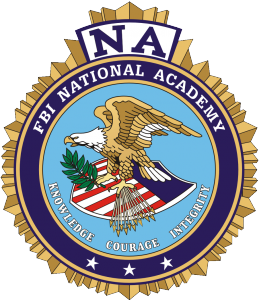 |
 |
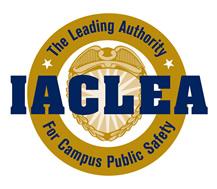 |
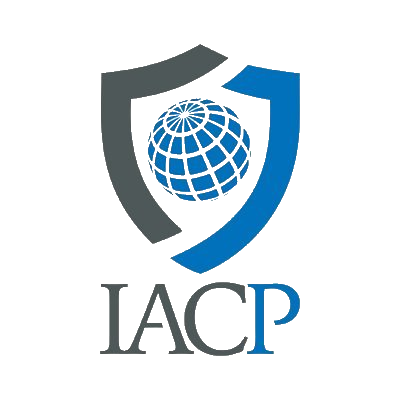 |
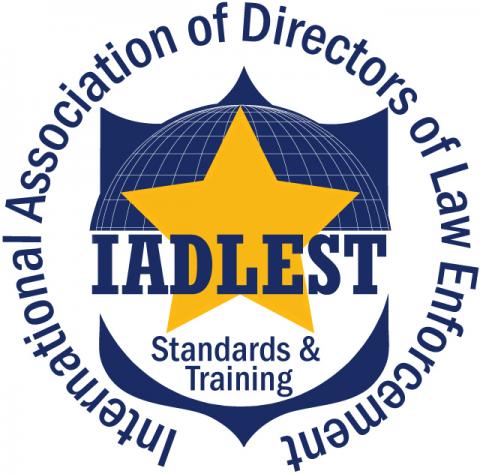 |
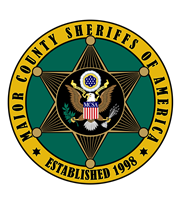 |
 |
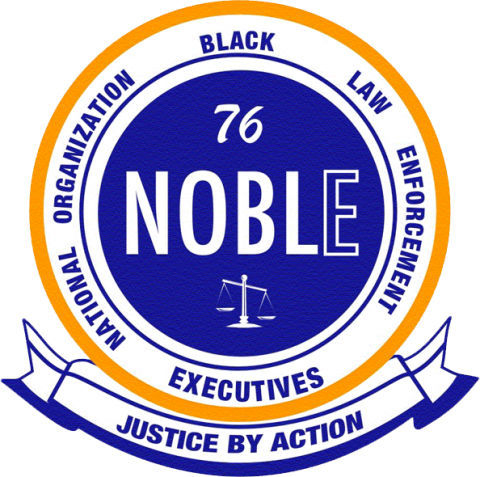 |
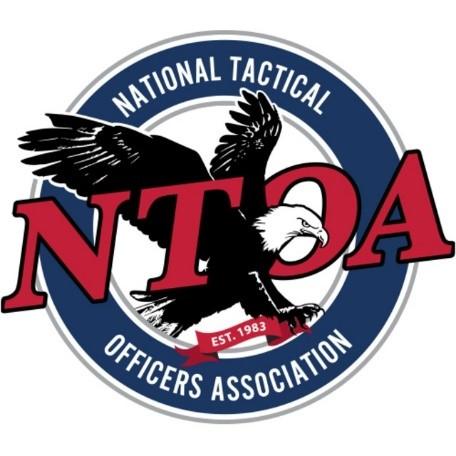 |



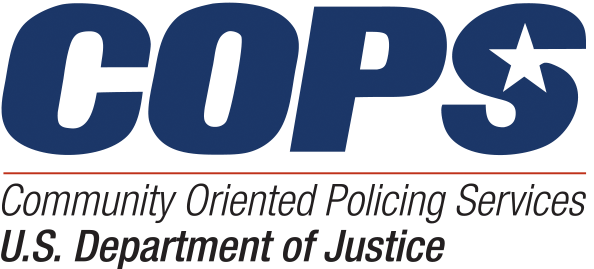 This project was supported, in whole or in part, by cooperative agreement number 2017-CR-WX-K001 awarded by the U.S. Department of Justice, Office of Community Oriented Policing Services. The opinions contained herein are those of the author(s) or contributor(s) and do not necessarily represent the official position or policies of the U.S. Department of Justice. References to specific individuals, agencies, companies, products, or services should not be considered an endorsement by the author(s) or the U.S. Department of Justice. Rather, the references are illustrations to supplement discussion of the issues.
This project was supported, in whole or in part, by cooperative agreement number 2017-CR-WX-K001 awarded by the U.S. Department of Justice, Office of Community Oriented Policing Services. The opinions contained herein are those of the author(s) or contributor(s) and do not necessarily represent the official position or policies of the U.S. Department of Justice. References to specific individuals, agencies, companies, products, or services should not be considered an endorsement by the author(s) or the U.S. Department of Justice. Rather, the references are illustrations to supplement discussion of the issues.